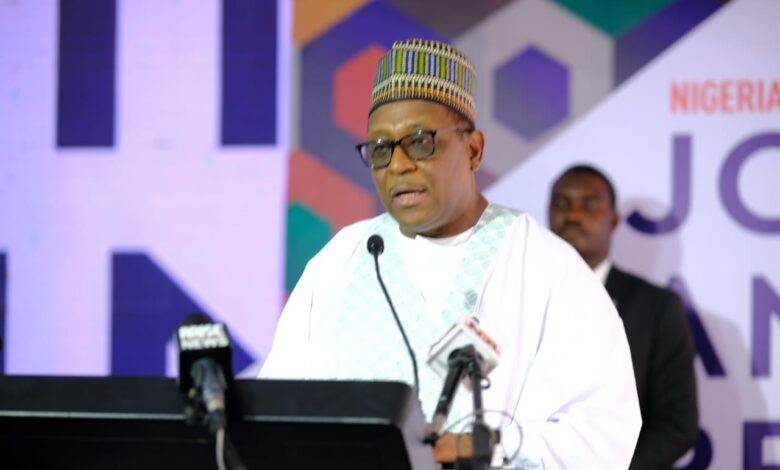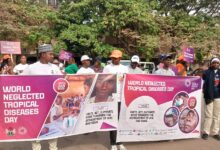
The Coordinating Minister of Health and Social Welfare, Prof. Muhammad Pate has disclosed that the country recorded a 16.7% reduction in the death rate of children under five years age between 2018 and 2023.
Pate stated this on Wednesday at the maiden edition of the Nigeria Health Sector-Wide Joint Annual Review (JAR) in Abuja.
The Minister explained that the stated figure was based on the pre-population health outlook report of the soon to be reviewed Nigeria Demographic and Health Survey (NDHS) conducted in 2023.
He informed that there were significant improvement in curbing infectious diseases; a 40% reduction in diarrheal diseases, 24% reduction in Tuberculosis and 12% reduction in HIV.
“So, in spite of the pervasive sense that there are difficult challenges, Nigeria is beginning to move, which with this political commitment, we can accelerate in the right direction.
“Also, 17 states have already shown improved performance in modern contraceptives and six have already doubled”, the Minister revealed.
Pate explained that in the last one year, based on the data-driven diagnostic assessment of the health sector, a strategic blueprint with an overall
goal to save lives was developed to reduce both physical and financial pain and ensure good health for all Nigerians.
Highlighting some of the achievement recorded in the sector, the Minister said, “by Quarter Three of 2024, we have already met 31 out of 41 Key Performance Indicators (KPIs) across the presidential commitments and
are on course to surpass all our targets for 2024.
“Also, N45 billion has already been disbursed through direct facilities to states and several facilities have been revitalised.”
Pate, however, said that in spite of the successes recorded, there were still areas that needed to be improved on.
He mentioned affordability of care, data sources, coverage of children with zero dose immunisation and malnutrition as some of the areas needing attention.
He further assured Federal Government’s commitment to prioritise health issues, in line with the principles of the sector-wide compact that was signed.
He therefore urged state governments to also commit to improved budgetary allocation for health, while seeking stronger convergence of financing and technical support from development partners.
On his part, representative of the Nigerian Governors’ Forum (NGF), Sen. Hope Uzodinma, said one of the landmark initiatives introduced by the Federal Government in the enhancement of the efficiency of the health sector was the Sector Wide Approach (SWAp).
Uzodinma explained that the SWAp promotes the “One Budget, One Plan, One Organisation and One Report”, adding that the approach was further solidified by the signing of the Health Sector Renewal Compact by President Bola Tinubu, Pate the 36 State Governors and Development
partners.
He explained that “the signing of this compact is a powerful demonstration of our collective commitment to universal health governance and underscores
the critical importance of collaboration between the Federal Government, the states and local government areas to achieve our health goals.
Uzodinma, said that although there had been some improvements in health indicators particularly in reducing the final impact of the health crisis, the
figures remain unacceptably high.
He therefore stressed the need for collaboration among stakeholders to recognise the unique challenges each state faces, while maintaining shared focus on achieving better health outcomes for all Nigerians.






